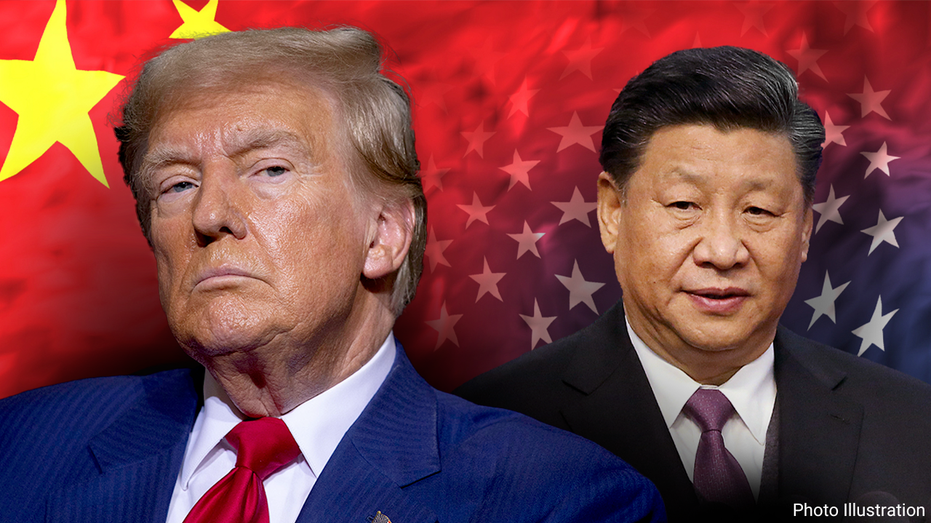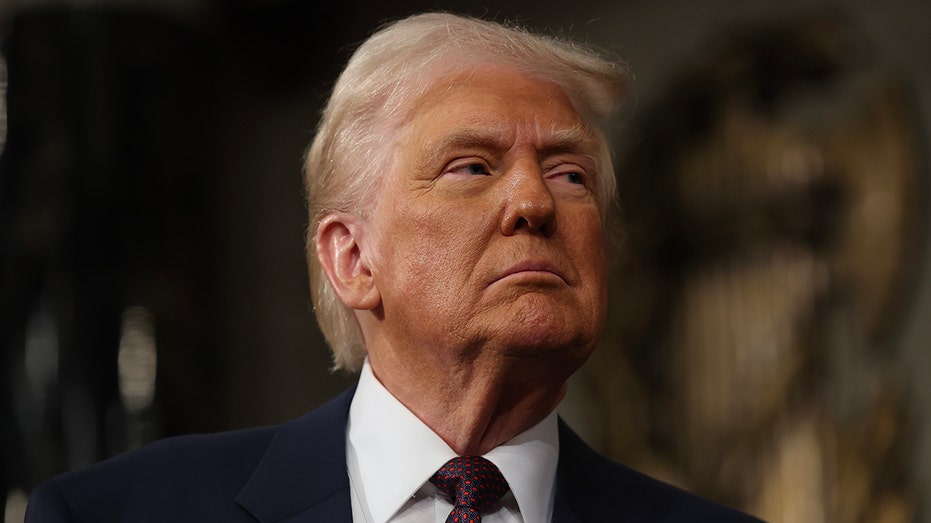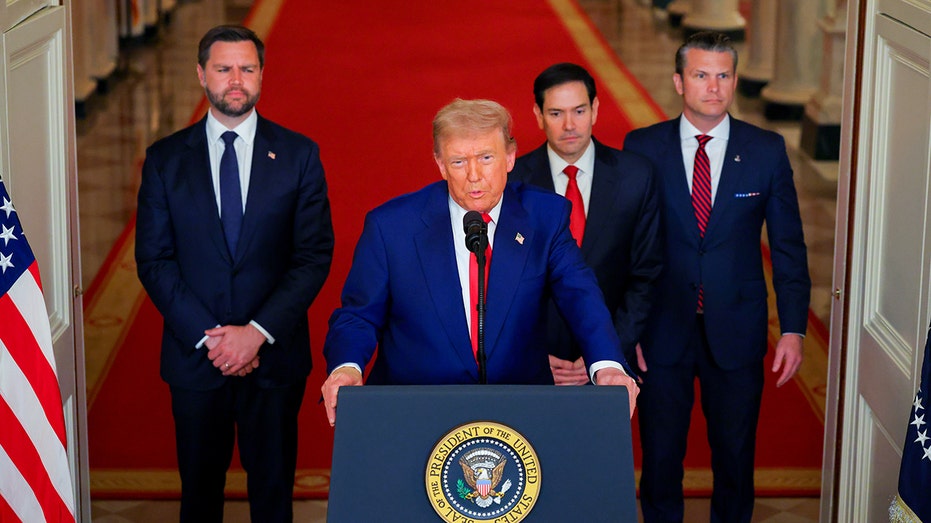Trump’s $2T Middle East Tech Deals: A Bold Move Against China or a Risky Bet?

Sarah Johnson
May 23, 2025
Brief
Trump’s $2T Middle East deals aim to counter China but spark fears of AI tech leaks to Beijing.
President Donald Trump returned from a whirlwind Middle East tour, inking $2 trillion in deals with Saudi Arabia, Qatar, and the UAE. The move, pitched as a bold counter to China’s growing regional clout, has sparked both optimism and alarm. By reversing a Biden-era ban on selling AI-capable chips to the UAE and Saudi Arabia, Trump has opened the door for U.S. tech giants like Nvidia, Google, and Amazon to flood the region with cutting-edge technology. The UAE’s plan to build a massive AI hub outside the U.S. is a centerpiece of this strategy, but it’s raising eyebrows.
While the deals aim to tether Gulf states to America’s tech ecosystem, critics warn of a dangerous gamble. Chuck Schumer, Senate Democratic leader, cautioned that without ironclad safeguards, these chips could end up in the hands of the Chinese Communist Party, giving Beijing access to sensitive U.S. tech. Republican Rep. John Moolenaar echoed this, demanding rigorous scrutiny to prevent indirect tech leaks to China via state-backed ventures like the UAE’s G42. New legislation from the House Select Committee on the CCP is already in motion to plug potential gaps.
Yet, the trip wasn’t just about tech. Trump’s visit—the first by a U.S. president to the UAE in nearly two decades—signals a broader push to reinforce economic and security ties. Experts like John Hannah from the Jewish Institute for National Security of America argue that this recommitment could counter the UAE’s recent drift toward China, spurred by America’s inconsistent Middle East engagement since the Obama era. With $35 billion in annual trade already at stake, these deals could solidify U.S. influence in a region critical for energy, security, and global stability.
Still, questions linger. Can the U.S. outmaneuver China’s multifaceted interests in the Gulf without compromising its technological edge? The ambition is clear, but as Craig Singleton from the Foundation for Defense of Democracies noted, without meticulous restrictions, these deals risk empowering the very rival they aim to contain.
Topics
Editor's Comments
Trump’s playing tech poker in the Middle East, betting $2 trillion to outsmart China. But here’s the kicker: without bulletproof safeguards, he might just be handing Beijing the winning chips! It’s like giving your rival the keys to your sports car and hoping they don’t joyride to Shanghai.
Like this article? Share it with your friends!
If you find this article interesting, feel free to share it with your friends!
Thank you for your support! Sharing is the greatest encouragement for us.



